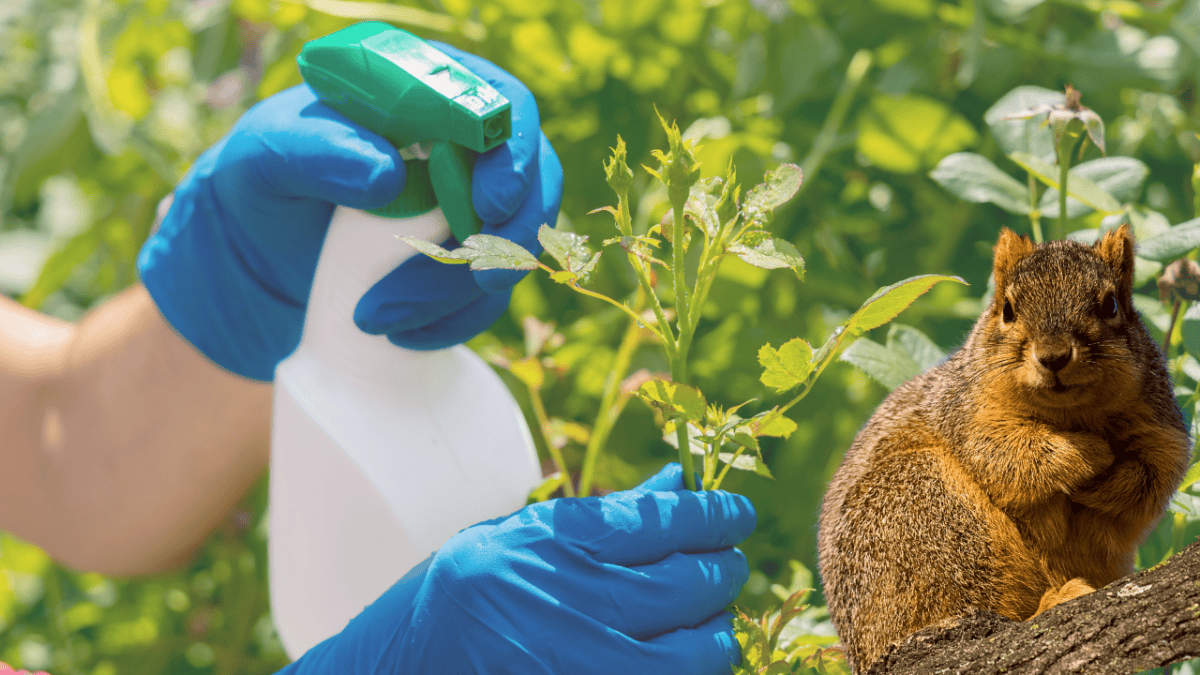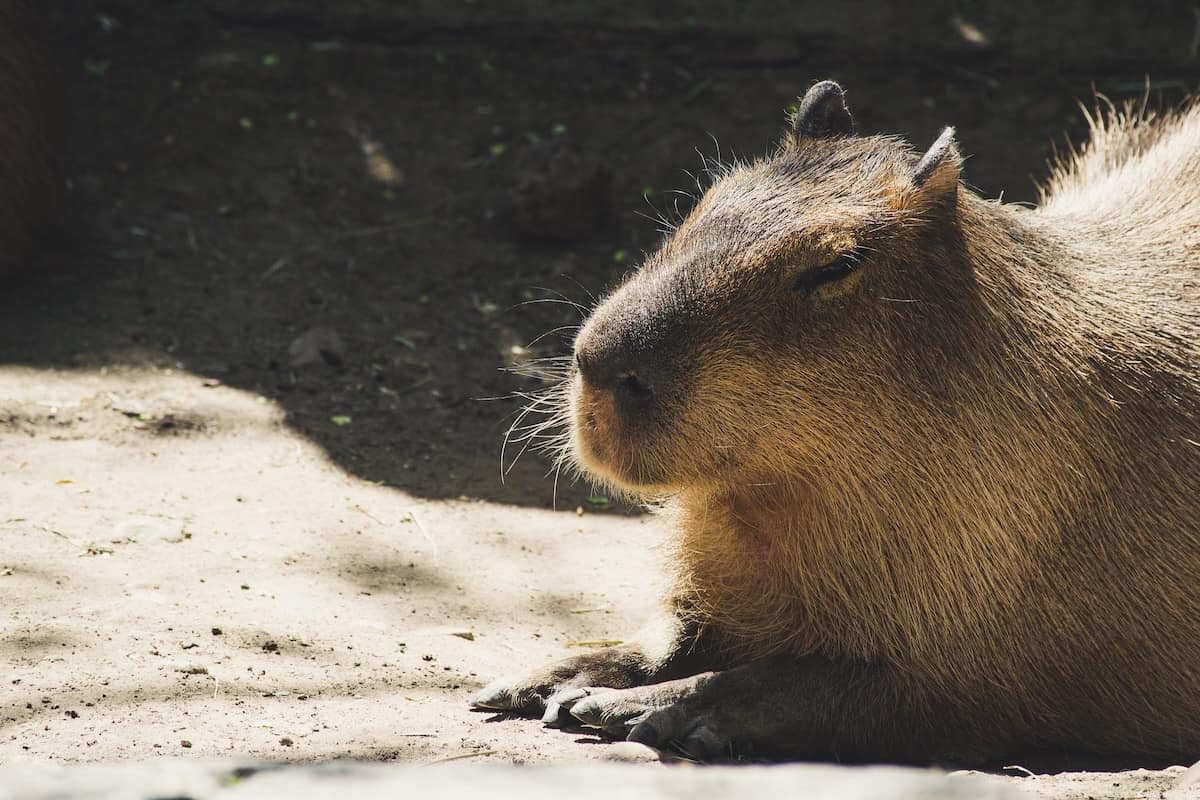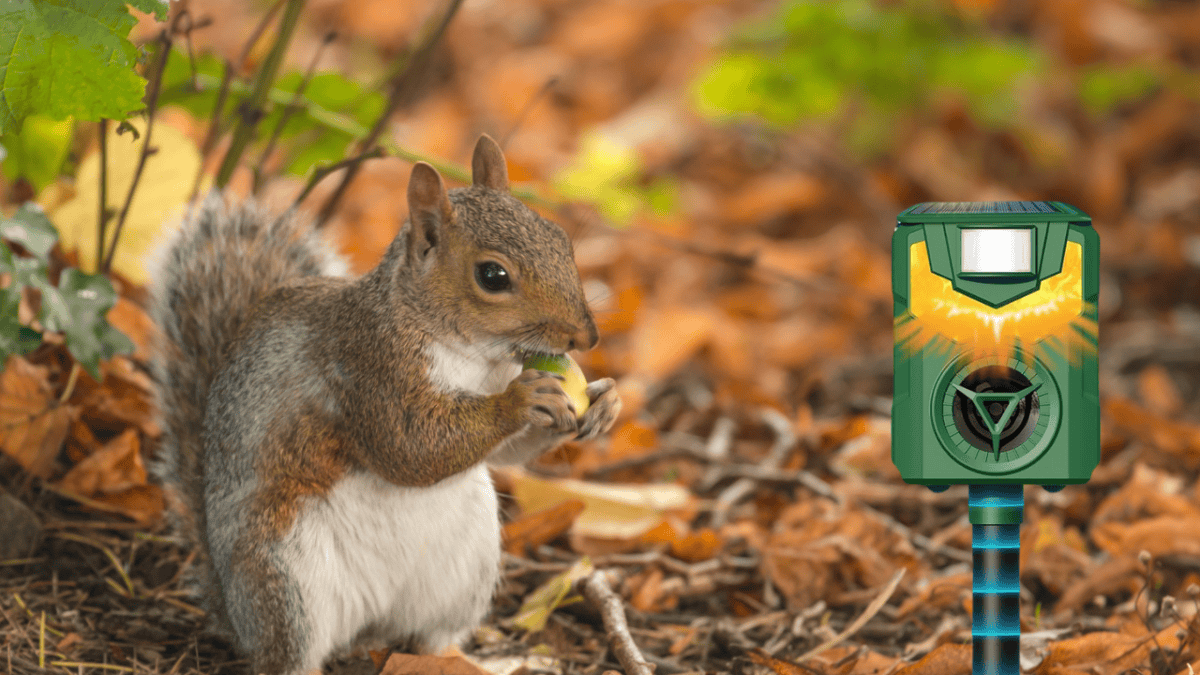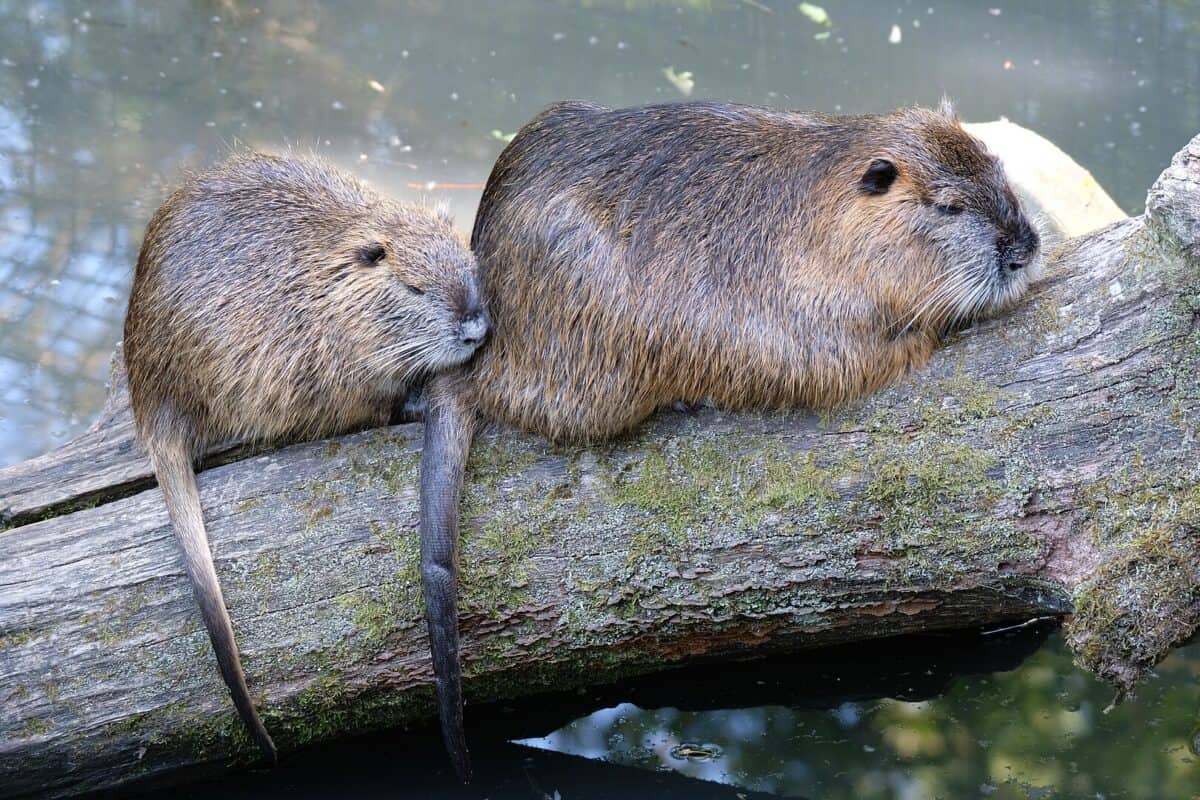Rodents, particularly rats and mice, are common intruders in homes and gardens. Their ability to adapt to various environments makes them pesky and persistent, often prompting homeowners to seek effective removal methods. However, instead of resorting to poisoning, which can be harmful to other wildlife and pets, you can explore several natural and humane techniques to control rodent populations.
Seal Entry Points

The first step in determent is to understand how rodents invade your space. They can squeeze through tiny gaps and cracks as small as a quarter of an inch, so it’s vital to inspect the exterior of your home. Look for breaches in the foundation, around windows, doors, or utility pipes and seal them with materials like steel wool, caulk, or metal meshes. By blocking entry points, you reduce the accessibility and attractiveness of your home to rodents.
Eliminate Food Sources

The search for food primarily drives rodents. Keeping your space clean and devoid of easily accessible food sources can dissuade them. Store dry foods like grains and cereals in airtight containers. Regularly clean up food spills and dispose of garbage in sealed containers. Additionally, remove pet food dishes overnight and tidy up gardens where rodents may find additional food sources.
Use Natural Repellents

A variety of natural substances can deter rodents due to their strong odours. Peppermint oil is a popular choice; soaking cotton balls with this essential oil and placing them around your home can help ward off unwanted visitors. Similarly, rodents dislike the scent of ammonia, cloves, and crushed garlic, all of which can be strategically placed in areas prone to infestation.
Adopt Natural Predators

Introducing or encouraging the presence of natural rodent predators can significantly impact rodent activity. Consider adopting a cat, as their scent alone often scares rodents away. Moreover, allowing predator birds such as owls to inhabit your area can help control rodent populations; installing nesting boxes can invite these efficient hunters to your yard.
Deploy Traps Humanely

While the aim is to avoid harming rodents, humane traps are an effective way to capture and release them away from your property. These traps are designed to catch rodents without causing harm, allowing you to relocate them. Regularly check these traps and do so in compliance with any local wildlife laws or guidelines on pest control.
Cultivate Certain Plants

Certain plants naturally deter rodents. For instance, plant mint, rosemary, or marigolds in your garden as these plants exude a scent that rodents find offensive. Not only do they serve as repellents, but they also enhance the aesthetics of your garden. These plants can be strategically positioned around home entry points to maximize their deterrent effect.
Use Ultrasonic Repellents

Ultrasonic repellents are electronic devices that emit high-frequency sound waves, creating an environment uncomfortable for rodents. These devices are inaudible to humans and most pets, offering a non-invasive and eco-friendly approach to controlling rodent populations. They are most effective when used in conjunction with other deterrent methods.
Encourage Cleanliness and Order

Keeping your home and surroundings orderly significantly deters rodents, as clutter provides them with more opportunities to nest and hide. Regularly declutter storage areas like basements, attics, and garages, and consider reducing dense vegetation around your home’s foundation. Maintaining a tidy and organized space makes it less inviting for rodents looking for suitable habitats.
In conclusion, these natural methods not only help in keeping rodent problems at bay, but they also do so without harming non-targeted wildlife or pets. By understanding and addressing the basic needs of rodents—shelter, food, and water—you can effectively manage and reduce their presence in your home and garden, ensuring a safe and healthy environment.
- 10 Animals That Never Sleep And How They Survive Without Rest - August 21, 2025
- 11 Giant Prehistoric Creatures That Would Be Terrifying Today - August 21, 2025
- 14 Unbelievable Survival Tactics in the Animal World - August 21, 2025

